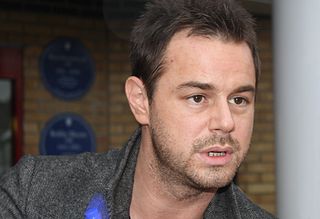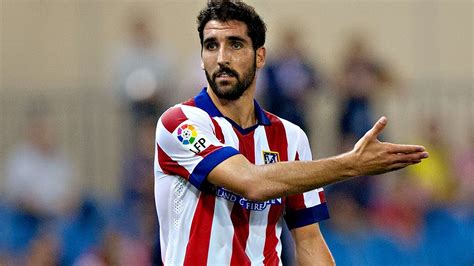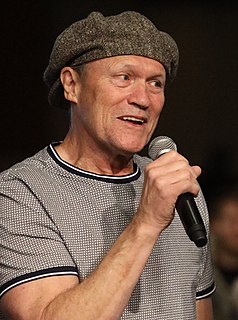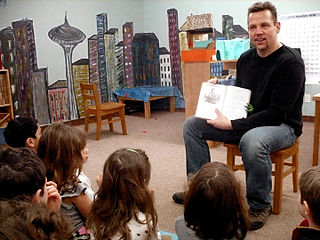A Quote by John Updike
Don't you see, if when we die there's nothing, all your sun and fields and what not are all, ah, horror? It's just an ocean of horror.
Related Quotes
It's not that I'm not a horror fan, it's just that the horror scripts I've been sent have been rubbish and obvious. Because they usually are in horror films - it's just about scare factor. You're always one step ahead, you know who's going to die first, you know who's going to survive, you're going to get a jump every twenty minutes.
As a horror movie fan, I was very obsessed with horror films. Still am. I love the genre. For me, horror films are opera, and they are... instead of consumption killing off the young lovers, it's Jason Voorhees or Michael Myers. It is when the stakes are at their absolute largest in a story: whether somebody is going to live or die. In a way, it's just holding up a mirror to life.
With The Exorcist we said what we wanted to say. Neither one of us view it as a horror film. We view it as a film about the mysteries of faith. It's easier for people to call it a horror film. Or a great horror film. Or the greatest horror film ever made. Whenever I see that, I feel a great distance from it.
The definition of horror is pretty broad. What causes us "horror" is actually a many splendored thing (laughs). It can be hard to make horror accessible, and that's what I think Silence of the Lambs did so brilliantly - it was an accessible horror story, the villain was a monster, and the protagonist was pure of heart and upstanding so it had all of these great iconographic elements of classic storytelling. It was perceived less as a horror movie than an effective thriller, but make no mistake, it was a horror movie and was sort of sneaky that way.
Horror grows impatient, rhetorically, with the Stoic fatalism of Ecclesiastes. That we are all going to die, that death mocks and cancels every one of our acts and attainments and every moment of our life histories, this knowledge is to storytelling what rust is to oxidation; the writer of horror holds with those who favor fire. The horror writer is not content to report on death as the universal system of human weather; he or she chases tornadoes. Horror is Stoicism with a taste for spectacle.
I grew up on all sorts of horror - Hammer Horror and Vincent Price's 'Theatre Of Blood.' I loved the hidden, scary layers, but there wasn't that much around for youngsters in terms of horror books. I can remember reading Stephen King's 'Salem's Lot' and 'Cujo,' but I thought there should be more for teenaged horror fans.
I had always loved horror films, so I wanted to do something in the horror genre but wanted it to be sweet and charming at the same time. Because there's a difference between watching horror, where you can leave it behind, and writing horror, where you have to live in it for months and months at a time.





































